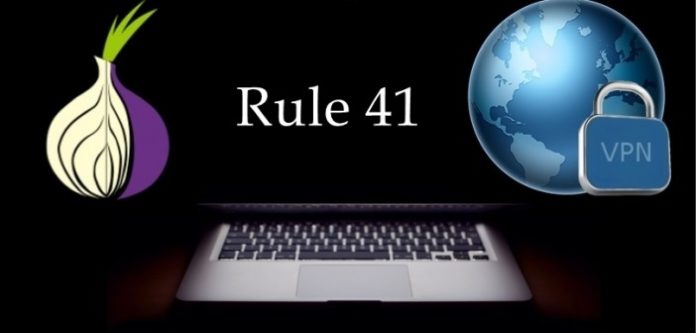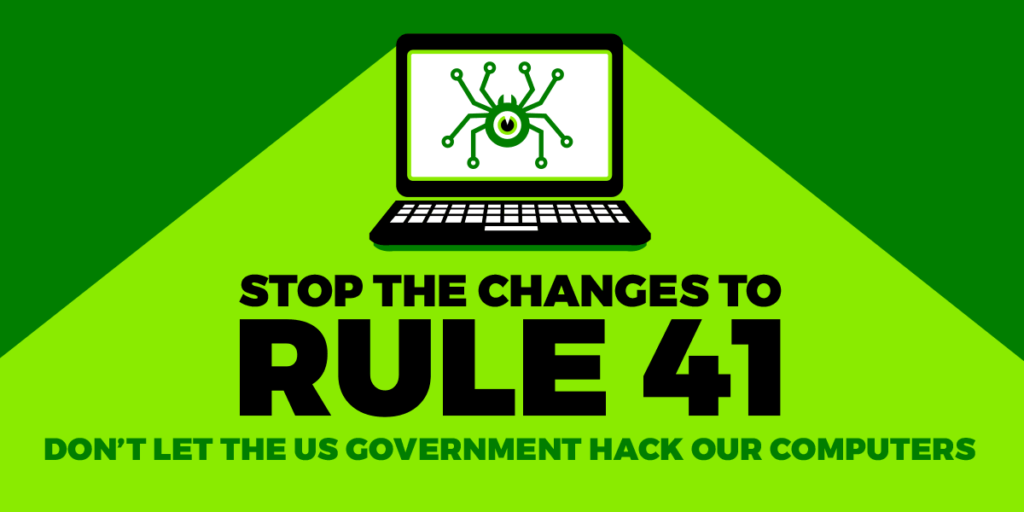
For the United States Intelligence, as well as local law enforcement agencies, hacking into millions of computers on a global scale just got easier from Nov. 30, 2016 and forward. There have been some new changes that have been introduced into Rule 41 of the Federal Rules of Criminal Procedure that is set by the United States Department of Justice. This new effect came into action last Thursday, shortly after an effort in order to block any of the failed changes on Wednesday.
The changes we can see in Rule 41, now grants the FBI even greater power in order to hack any “potential” suspect within the country, as well as the rest of the globe, if they see fit. This can be performed with just a single warrant in which is authorized by any judge of the United States. Yes, even a magistrate judge, as well.
This is also the same rule in which the FBI took advantage of back in 2015, while they were investigating the child pornographic website, Playpen. The FBI was able to hack into an estimated 8,700 computers that stretched across 120 different countries.
Back in April, the Supreme Court did approve of the new changes of Rule 41, allowing any U.S. judge to grant a search warrant that provides the FBI – as well as law enforcement agencies – the proper authority to remotely hack into computers inside any jurisdiction, and even outside the compounds of the United States.
Democrat Senator Ron Wyden had previously attempted to halt the alterations to Rule 41, in which risks individuals that use Tor, a VPN, or any other means of anonymous software tactics, but had been blocked by none other than the Republican Senator, John Cornyn of Texas.
This new rule expansion took effect on Dec. 1, 2016. Why not just wait another month and start afresh on a new year? One can only ponder why this happened at the designated time frame, but when we think about the government “expanding” their “operations,” we are aware that their choices are rarely made clear right away.

In one corner of this privacy violating issue, privacy advocates, as well as several legal experts in the matter, have often described the new changes to Rule 41 as the extensive expansion upon the term “extraterritorial surveillance power.” This will then allow government agencies, such as our buddies at the Federal Bureau of Investigation, the power to carry out any “international hacking operations,” just without the hassle and headache to get the correct warrants.
In the other corner of this issue, the Department of Justice argues that the new alterations of the rule will assist in the investigations of modern Internet-based criminals. This will allow the investigators unrestricted access to their targets’ computers, in which the cyber-criminals are hidden through a series of private network tunnels.
“…One of the biggest mistakes in surveillance policy in years; unprecedented authority to hack into Americans’ personal phones, computers and other devices,” Wyden told Reuters.
This article (FBI Expands Their Power to Hack Any Computer Globally Thanks to Rule 41) is a free and open source. You have permission to republish this article under a Creative Commons license with attribution to the author and AnonHQ.com
Supporting Anonymous’ Independent & Investigative News is important to us. Please, follow us on Twitter: Follow @AnonymousNewsHQ





Isn’t there international retributions for the FBI if they, say, hacked into a bunch of Canadian computers because they were deemed “suspicious”
Given that this bill also implies that using Tor or a VPN is suspicious behaviour, this is very concerning. Hopefully common sense prevails in the courts …
I very much doubt that common sense will have anything to do with it; the UK passed a bill (ip bill) that allows all sorts of shit and met hardly any resistance.